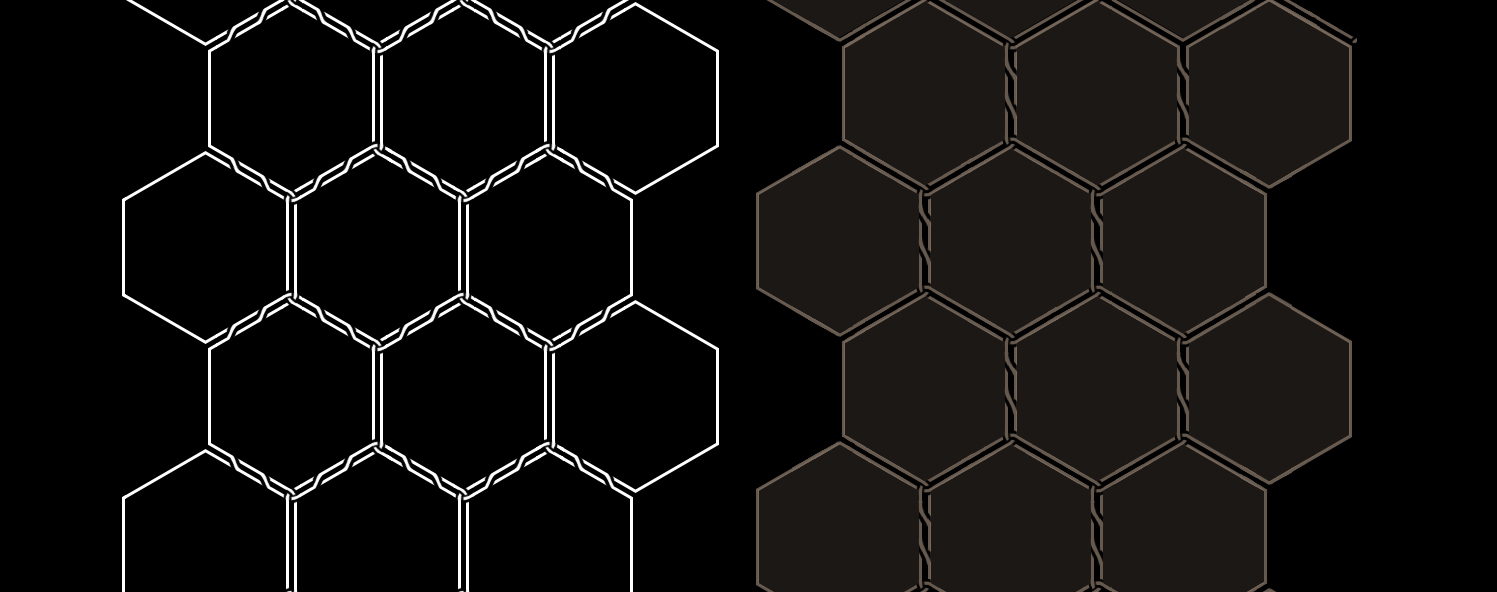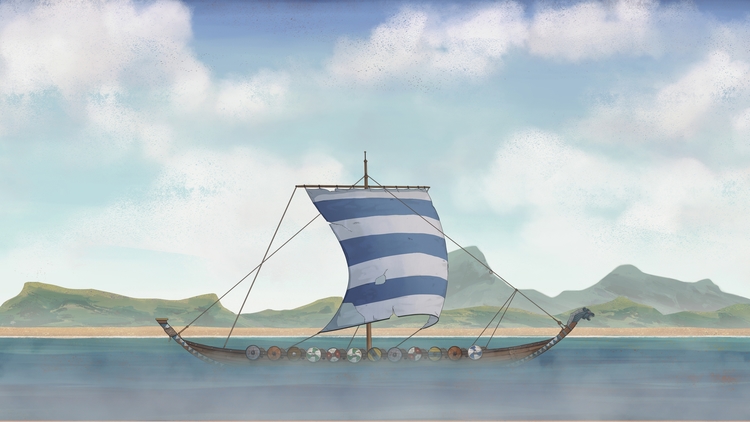jsunburned
Joachim joined
CEO and Co-Founder of Sunburned Games. I started the studio in Valencia after working in London for nine years. It was high time to leave the City and a near permanently cloudy sky behind. My passport says Austrian, my dreams are in English, and our cats are Spanish.
First published on: Bit.ly
Think Turn-Based
Turn-based games were among the first I used to play back in the 1980s (when I still had a full head of hair and PCs had 20MB hard drives), and for a long time I resisted the temptation of RTS games.
But then in 1998 something happened which changed my view of real-time games forever - Dune 2000. I had played other RTS games before, but I think it was the connection to the books which made this game more attractive than others. There was a harsh review on GameSpot, which is interesting retrospectively as the style of game reviews has changed a lot since then. Over on Metacritic there are a handful of retrospective positive reviews characterized by nostalgia. Those of us who did play Dune 2000 aren't teenagers anymore.
So turn-based tactical games looked more and more old-school and reserved for niche studios and titles. That wasn't to change until the 'Rise of the Indies' reawakened turn-based tactics and many other genres, which AAA studios would not have touched with a barge pole during the previous decade or even longer. So while I love a lot of real-time games I was always attracted by the possibility to being able to stop the action and plan my next moves.

The Great Whale Road is utilizing and updating some of the mechanics found in classic and current turn-based games. While the role-playing and exploration game runs in real-time, our combat system is a cross-over of turned-based tactics and some of the card-based mechanics used in trading card games. We have hexagonal grids and combat happens in turns while characters, equipment and abilities are managed as cards. On top of this we started to experiment with MOBA-esque mechanics and I am sure that we will try more things and discard others over the months to come.
There are a few reasons why we went with a combination of turn- and card-based game mechanics for the combat system. Firstly we want to make combat between two ship crews a tactical event beyond a basic attack/board/flee button selection. Secondly we already use cards to represent characters and equipment in the game, so reusing them in combat was the most efficient solution for a small team like ours. On a personal note I enjoy the flow of most turn-based tactical or card games. The adrenaline rush of online FPS is one thing, winning a well planned tactical skirmish while being able to have a coffee or a drink is another - an older gamer's creature comforts.
- Joachim
This post was originally published on our game's site: www.the-great-whale-road.
This is the first in a series of short posts about the underlying ideas that drive the design of our game 'The Great Whale Road'.
Video games can be a fairly solitary pursuit at the best of times. Sometimes they are loneliest when you play online with other human beings - one of twenty four voiceless characters trudging across a virtual landscape. Lasers, rockets and someone calling you a noob or worse in strongly accented English.
I am still trying to find games which can recreate the emotional immersion I felt when I played Baldur's Gate II all these years ago. Deciding to leave a character of my party behind caused me a tiny bit of real heartbreak. Playing Wasteland 2 I just couldn't care less if a character is eaten by a cave rat as they are all oxygen thieves who can't hit the wall they are standing in front of.

One of our key goals is thus to create game mechanics and characters which allow players to care about their crew. Who to rescue and who to sacrifice will be important in a world where death will be a constant companion, in addition to bad weather and dysentery. Sharp objects, berserkers, high seas and the lack of antibiotics are not doing a lot to increase life expectancy. Building your fighting decks from your crew based on factors like abilities and survivability will be essential, so you don't end up in tears after sacrificing your favourite champion or the ship's dog.
We are still discussing permadeath for the single player game and how to implement it. Most likely we will have a permadeath mode, to give players the option of a more forgiving game experience.
But the game will not only do its best to kill characters the player cares about. People have different motivations, and further down the line we will work on implementing a motivational component into the crew management system to give it additional depth, more than just assigning crew members tasks and waiting for a timer to pass. I would like to see crew behaviour based on the sum of the crew's aspirations and maybe even fears. Ignoring crew cohesion when recruiting and managing the crew should make for more challenging and quarrelsome travelling.
In the end I want to create a game which puts togetherness before solitude - covering the full spectrum of emotions from rowdy road trips with mates to dysfunctional family Christmas dinners.